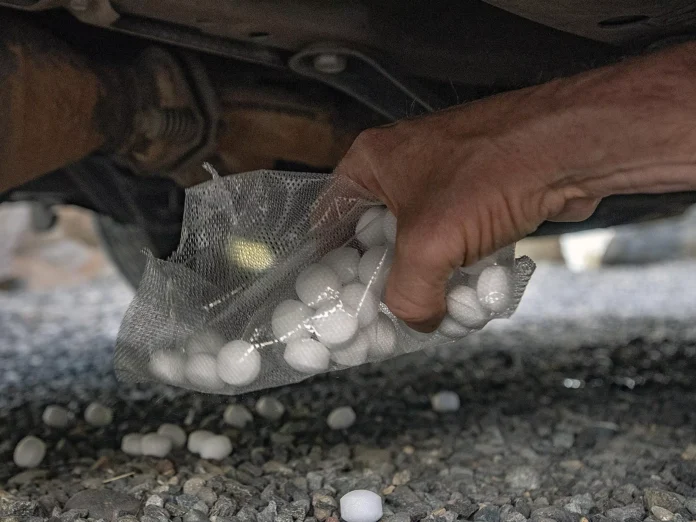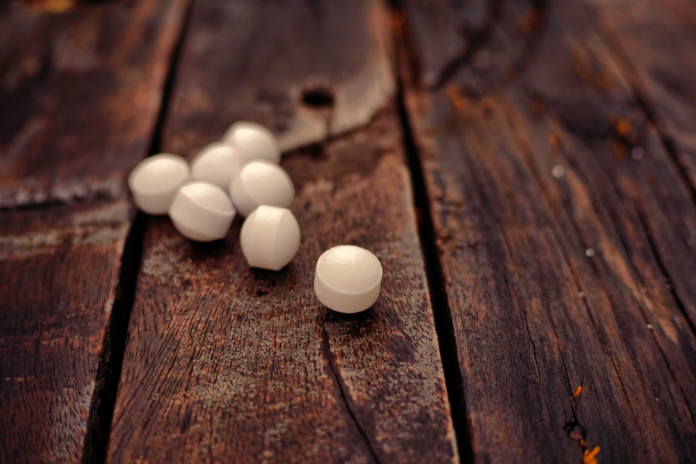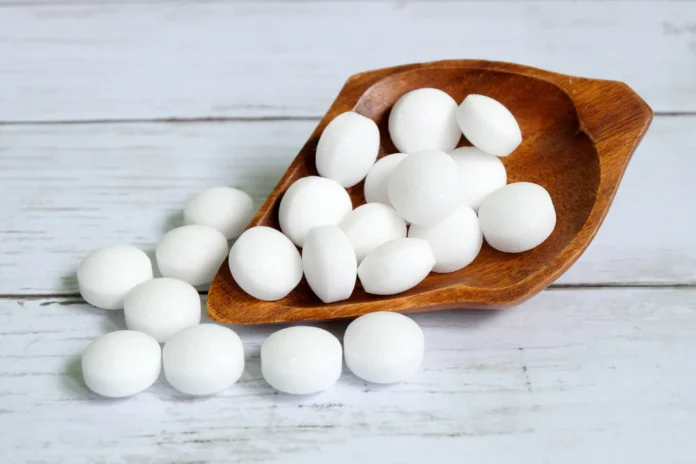Recent statistics state that mice and other rodents invade an estimated 21 million homes in the United States every winter season. Apart from the loss of property, these rodents also bring various diseases. It is difficult to spot the right solution, and the cluster of tips on the internet as you google the term ‘pest control’ can make you wonder if there is ever a cost-effective solution.
Never in the history of the human race has prevention been more necessary than it is now. With their pungent smell and ability to be placed in various areas, mothballs can be an effective tool when properly implemented, but what is more? This article will discuss one of the most important pest control tips for homeowners: do mothballs keep mice away?
Tip 1: What Is In The Mothballs?

Mothballs are tiny balls of chemical pesticide designed to prevent moths and other insects from infesting stored clothes and furniture. These balls contain various active ingredients, such as naphthalene or paradichlorobenzene, both of which have a strong smell that can repel mice and other pests. However, these are sometimes ineffective at preventing mice infestation and can harm humans if misused. Therefore, while they may assist in keeping mice away, these should not be relied on as the sole form of pest control.
Understanding that a holistic approach to a good quality rodent control is the most effective solution is important. It should involve eliminating potential food sources and ensuring that entry points into the home are sealed off.
Tip 2: Is The Smell Of Mothballs Enough To Keep Mice Away?
No, the strong smell of mothballs is not enough to keep mice away. While they may be able to detect the scent from a distance, mice are smart enough to adapt to their environment, which means that they may eventually return if the scent becomes familiar.
The smell may deter mice in the short term, but it is not a reliable pest control method. The scent may also be dangerous to humans and pets, as they contain naphthalene, a chemical that can cause toxicity when inhaled.
Tip 3: Can Mothballs Be Used As A Repellent?

Yes, these can be used as a repellent in some instances. They have been proven effective in keeping mice away when placed near entry points, such as cracks and crevices in walls or foundations. However, it is essential to note that mothballs should not be used inside the home or in enclosed spaces, as the vapors can harm humans.
Apart from that, the fumes emitted are only effective for a short period and must be continually replaced to keep mice away. Therefore, while they can be an effective pest control solution, these should not be used as the primary method to keep mice away.
Tip 4: Can Mothballs Be Used Alongside Other Pest Control Methods?
We can use mothballs with other pest control methods, such as trapping and baiting. It will ensure that the mice are kept away while eliminating potential infestations. Why not add a few mothballs to drawers or closets used to store food, as this will make them less attractive to mice? The best strategy here is to use a combination of preventative and removal methods, such as traps and mothballs, to keep mice away.
The key is to eliminate any easy access points for mice to enter your home. Keep the exterior of your house clear of debris and vegetation, and seal any cracks or crevices in the walls, foundation, and around your doors and windows. In addition, seal off any potential entry points in the attic and basement.
Tip 5: Safety Measures Should You Take When Using Mothballs

Many homeowners consider using mothballs when dealing with a pest problem as a potential solution. Though this method is often suggested, it’s essential to understand that mothballs are sometimes not considered an effective tool for controlling mice infestations.
The use of mothballs in this regard can be hazardous to both people and pets, as they contain naphthalene or paradichlorobenzene – which have been linked to adverse health effects. In addition, while it is effective in deterring moths, these chemicals might not be as effective in keeping mice away.
When using mothballs, it is important to keep them out of reach of children and pets, as they have been known to cause health problems if ingested. Additionally, ensure that the mothballs are placed in a contained area, such as a sealed container or bag, to limit their exposure to humans and animals.
Additionally, when regularly disposing of mothballs, it is essential to properly dispose of them according to local regulations. Finally, due to the potential for releasing dangerous chemicals, it is not recommended to keep them in an enclosed space for long periods.
Tip 6: Additional Things To do
Apart from relying on mothballs, homeowners should take preventative measures such as reducing clutter in their homes, patching up any holes that could serve as entry points for pests, and sealing up food sources. Additionally, traps or baits can effectively control the mice population.
These traps should be placed at places, such as snap traps along their known pathways to ensure a quick catch, while we should use a bait station if you prefer a more humane approach. Finally, it is essential to regularly inspect your property for signs of pest activity, as preventive measures are always better than reactive ones.
Conclusion
Sometimes, mothballs may not be able to completely prevent mice from entering your home, but they are a good option for keeping them away. Correctly placing mothballs around areas where you suspect mice may enter can help deter them from entering in the first place.
It is important to note that while mothballs can effectively keep mice away from your home, it is always best to consult a professional pest control service if you suspect an infestation. Furthermore, utilizing other pest control methods alongside mothballs can provide a more comprehensive form of protection. Ultimately, it is best to consult a professional for the most effective pest control solutions.








